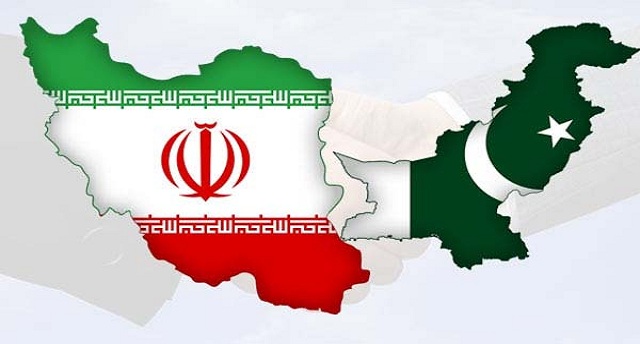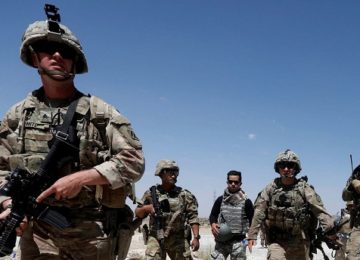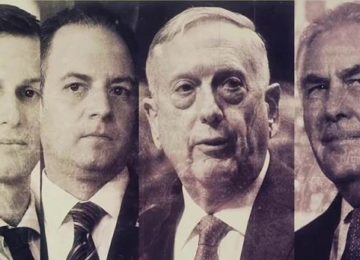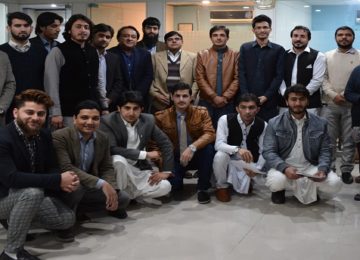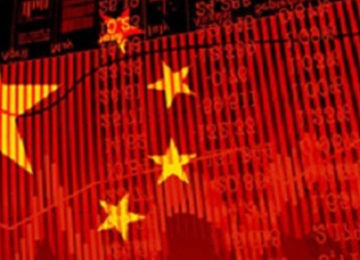March 25, 2019
The killing of 27 Islamic Revolutionary Guard Corps (IRGC) personnel in a suicide attack on 13th February at Zahedan-Khash road resulted in heightened tensions between Pakistan and Iran. The Iran-based Jaish-e Adl group, which comprises of Baloch dissidents from the Iranian Balochistan, claimed the attack’s responsibility.
Unfortunately, Iran was quick in blaming Pakistan without engaging with Islamabad. The IRGC’s Al-Qods commander General Soleimani criticized Pakistan and threatened that “if Pakistan is unable to take action then Iran would not hesitate in taking direct action against the terrorists”.
The anger in Tehran is understandable. However, Iranian leadership’s harsh language against Pakistan was not only shocking for many in Pakistan, but was a pointer to the emerging dangers in the region. This is one that prospect both Pakistan and Iran would prefer to avoid.
It is a fact that both the countries have been passing through political upheavals. The four decades of Iran’s theocratic revolution has been considered a threat in the neighbourhood, especially to the GCC countries. The critics of Iranian revolution believe that the intrusive nature of polity pursued by the revolutionaries has created more friction than cohesion in the region.
Pakistan is not a revolutionary state and has had its own problems. Domestically, it has been grappling with myriad challenges of establishing democracy in the country while it received frequent jolts due to developments taking place in the region.
One has to understand the Iranian and Pakistani systems of governance and make an informed opinion about the ground realities or compulsions which each side might be facing. Iran should know that it is not the centre of universe. A revolutionary mindset in Iran cannot be replicated in Pakistan or elsewhere and also cannot serve as a yardstick for determining Iran’s friendship with the Islamic world. Being sovereign countries, both can choose their friends without harming each other’s interests. Pakistan has followed this policy from the beginning and would be well advised to maintain its neutral stance in the ongoing Iran-GCC rivalry.
While Jaish-e Adl may have claimed the responsibility of the attack, Iran cannot deny the fact that there is a problem in Sistan-o-Balochistan, where people are struggling for their political rights in their own province. It is a common grudge amongst the Baloch population in the Iranian Balochistan that they are under-represented in the government, bureaucracy and armed forces. So much so that mayor and deputy mayors in the province are sent from Tehran. Sectarian divide is another major source of friction in the province where overwhelming majority of Baloch are Sunnis. Sunni religious leaders face discrimination and at times are forbidden to meet their own people. Then there are economic and poverty issues as well.
Unfortunately, the officials in Iran waste no time in blaming Pakistan for each action of the Jaishe Adl in the Iranian Balochistan. However, they have to take remedial measures to address the grievances of the Baloch population. There is a need to create the sense of belonging amongst the Baloch people so that they don’t have to look for allies beyond their borders. Pakistan has adopted a policy of no tolerance with regard to dissidents carrying out activities from the Pakistani Balochistan. Just two days ago four of IRGC personnel were recovered by the Pakistani security forces from the clutches of Baloch dissidents. In fact, the success rate of Pakistani security forces in recovering Iranian security officials has been substantive, which sometimes mostly goes unnoticed.
In order to entertain Iran’s grievances, Pakistan has also suffered in many ways. Pakistan never had Shia-Sunni problem before the Iranian revolution. In fact, in the beginning many religious organizations were enthusiastic about the Islamic revolution in Iran as they saw similar prospects opening up in Pakistan. Jamaat Islami of Pakistan was particularly upbeat about the Iranian revolution. However, once Iran declared Shi’ism as official religion of Iran in its constitution, Pakistani religious parties had to distance themselves from the Iranian revolutionaries.
Moreover, despite dictatorships in Pakistan, the country always struggled for democracy and freedom of expression. This would come into conflict with a revolutionary mindset which looks at things through “us and they” prism. It is also now in the public knowledge that Iranian revolutionaries have been recruiting Pakistani Shias for the “Zainabyoun Brigade” on the pretext of protecting holy shrines in Iraq and Syria. Those killed during operations in Iraq and Syria are buried in Qom and their families are being looked after by the Iranian government. Pakistan has also raised the matter with senior Iranian officials with the advice that Iran’s recruitment drive would create monsters which would ultimately be detrimental to Pakistan’s national security. This is an major issue that needs to be addressed as soon as
In terms of Pakistan’s grievances, Tehran has yet to explain as to how a serving Indian Naval officer, Kulbhushan Jhadav, could run Indian intelligence RAW’s operation through Chabahar. He was arrested by Pakistani officials for carrying out terrorist activities in Pakistani Balochistan and Karachi. His two accomplices fled Chabahar despite the Iranians being informed by Pakistan in real time. Jhadav’s arrest while shocking for Pakistan was equally embarrassing for Iran as it called into question the Indian role in the Iranian Balochistan. Not only that, but some elements of the Pakistani Balochistan’s dissident organizations, including BLA and BRA, have been taking shelter in the Iranian Balochistan with full knowledge of the Iranian officials.
Even with harsh statements from the Iranian leadership, Pakistan showed restraint. For Pakistan, maintaining a friendly relationship with Iran is a strategic imperative. Jaishe Adl may be straddling on both sides of borders between Pakistan and Iran but its activities in Pakistani Balochistan have always been under minute scrutiny. However, it is the need of the hour that both the governments make the people, especially the youth, and their development their first priority rather than fighting.
The writer Asif Durrani is a former diplomat, who has served as Ambassador of Pakistan to Iran and UAE and as deputy head of mission to Afghanistan.



